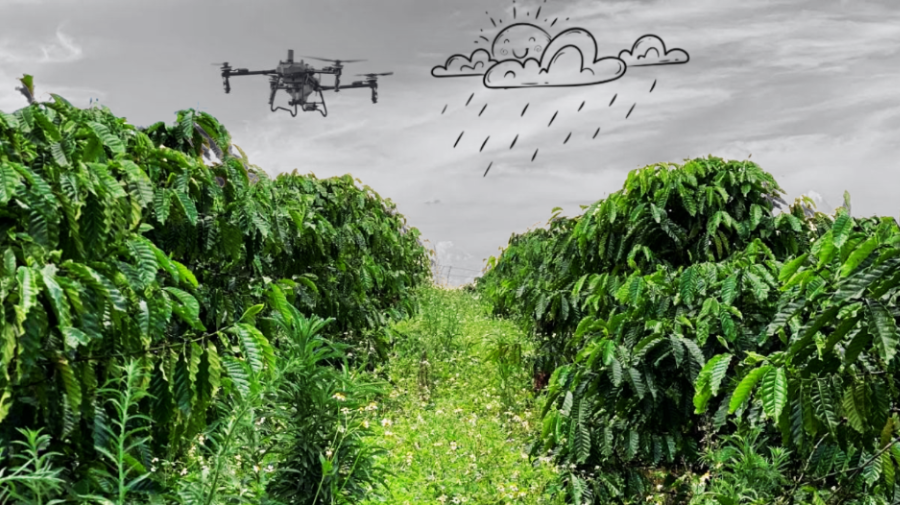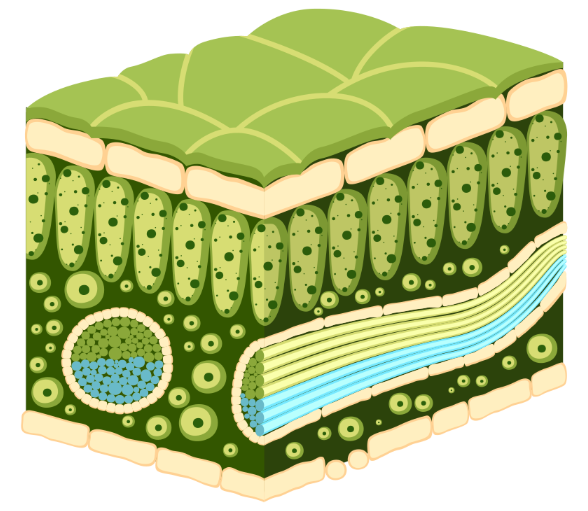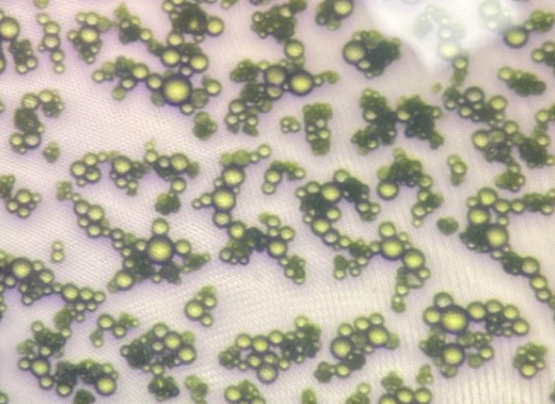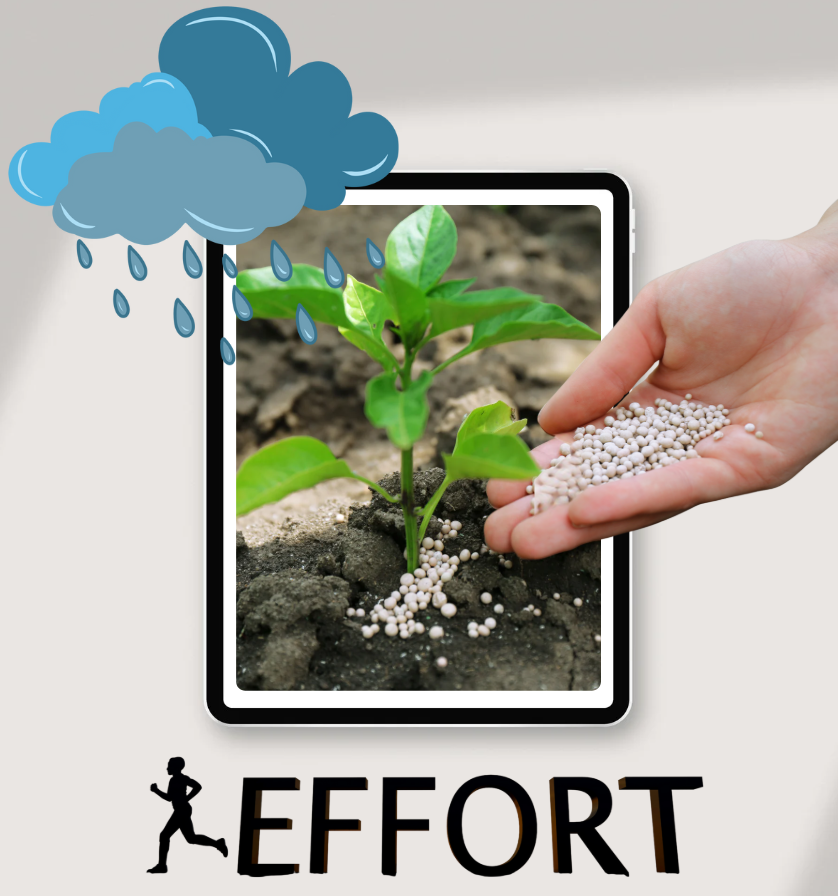
Spraying Insecticides and Fungicides on Coffee During the Rainy Season: Which Types Resist Wash-Off Best?
The rainy season brings high humidity — ideal conditions for fungal diseases and insect pests to thrive.
However, spraying pesticides during this period is often challenging: rain washes off chemicals, reducing their effectiveness, wasting labor, and leaving crops vulnerable.
👉 So how can farmers choose high-adhesion, long-lasting, rain-resistant products?
Here’s a complete guide for coffee growers.
⚠️ 1. Common Problems When Spraying During the Rainy Season

🌧️ Sudden rain within 30–60 minutes after spraying
🌱 Wet leaves prevent chemicals from sticking properly
🐛 Fungal diseases such as leaf rust, anthracnose, and root rot spread rapidly
💸 More spraying → higher costs, but poor results
✅ 2. Key Criteria When Choosing Pesticides for the Rainy Season

|
Criteria |
Why It Matters |
|
High adhesion capacity |
Prevents chemicals from being washed away by rain |
|
Fast absorption into plant tissues |
Increases systemic activity and internal protection |
|
Slow-release technology (CS formulation) |
Extends protection even after rainfall |
|
Combination with mineral oils |
Enhances adhesion and reduces evaporation |
🌟 3. Types of Pesticides That Resist Wash-Off Effectively

🧪 1. Microencapsulated Formulations (CS – Capsule Suspension)
🟢 Mechanism: Slow release, strong leaf adhesion, minimal wash-off
🟢 Active ingredients: Propiconazole CS, Chlorantraniliprole CS
🟢 Duration of effectiveness: 10–120 days depending on formulation
🟢 Advantages:
- Reduced leaf burn risk, safer than EC types
- Fewer sprayings required → saves labor and costs
🌊 2. Strong Systemic (Translaminar) Formulations
Includes active ingredients such as:
Propiconazole, Metalaxyl, Fosetyl-Al, Imidacloprid, etc.
💧 Benefits:
- Rapid absorption into plant tissue → less surface residue
- Rain-resistant once absorbed
- Can be combined with contact fungicides or insecticides for broader protection
💧 3. Mixing with Mineral Oils or Wetting Agents
Examples: Actiwet, SK Enspray 99EC, or similar products
🟩 Functions:
- Strengthen pesticide adhesion to the leaf surface
- Reduce evaporation and improve spray coverage
- Compatible with both fungicides and insecticides
🧑🌾 4. Technical Tips for Spraying During the Rainy Season
|
Practice |
Recommendation |
|
Avoid spraying under heavy overcast skies |
Choose slightly sunny or dry periods (morning or late afternoon) |
|
Don’t spray on wet leaves |
Wait until foliage is dry for better adhesion |
|
Use fine mist sprayers |
Ensures even coverage and quick absorption |
|
Heavy rain within 2 hours after spraying |
Consider re-spraying, especially for contact products |
📦 Recommended Products for Rainy-Season Spraying (Reference)
|
Product Name |
Formulation Type |
Main Function |
Applicable Crops |
|
Propiconazole CS |
Capsule Suspension (CS) |
Controls leaf rust, pink disease, anthracnose |
Coffee, pepper |
|
Metalaxyl + Mancozeb |
Systemic + contact |
Root fungus, quick wilt prevention |
Coffee, durian |
|
Chlorantraniliprole CS |
CS |
Controls stem borers, leaf rollers |
Coffee, tea |
|
Fosetyl-Al |
Strong systemic |
Controls oomycete fungi |
Coffee, pepper |
📌 Conclusion
💬 “Choosing the right pesticide and spraying at the right time will make the rainy season no longer a threat.”
To protect your coffee plantation during the wet months, remember to:
✅ Select systemic or CS-type formulations that resist wash-off
✅ Avoid spraying when leaves are wet or rain is imminent
✅ Combine with mineral oils to enhance adhesion
✅ Reduce spray frequency — improve efficiency — save costs
Bình luận
Những bình luận mới nhất



